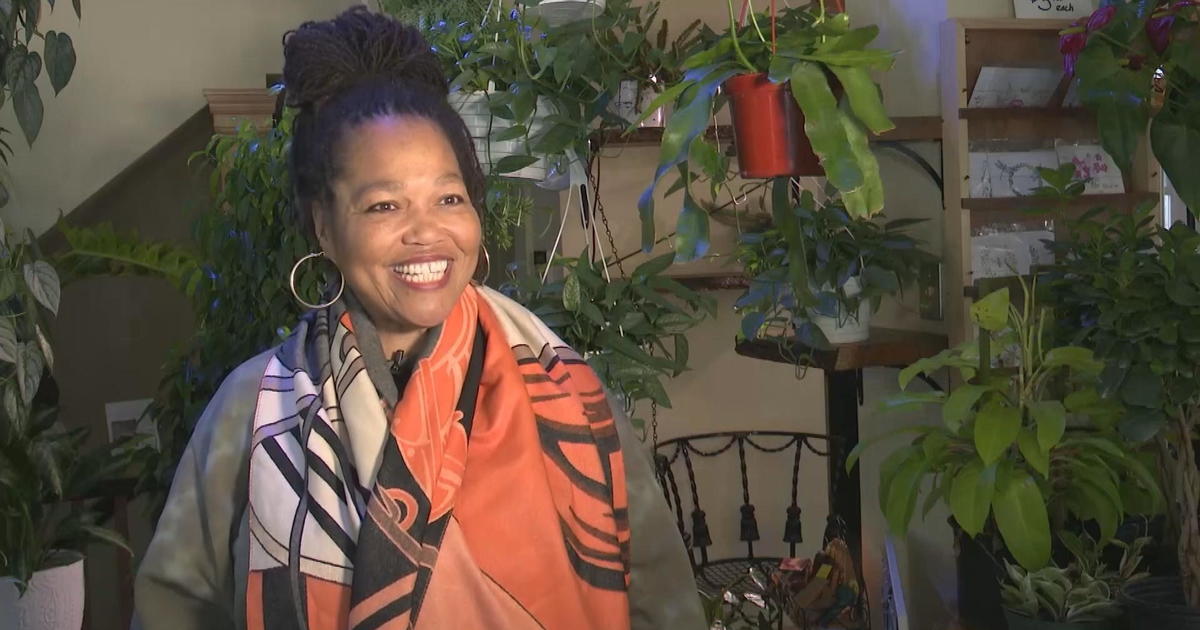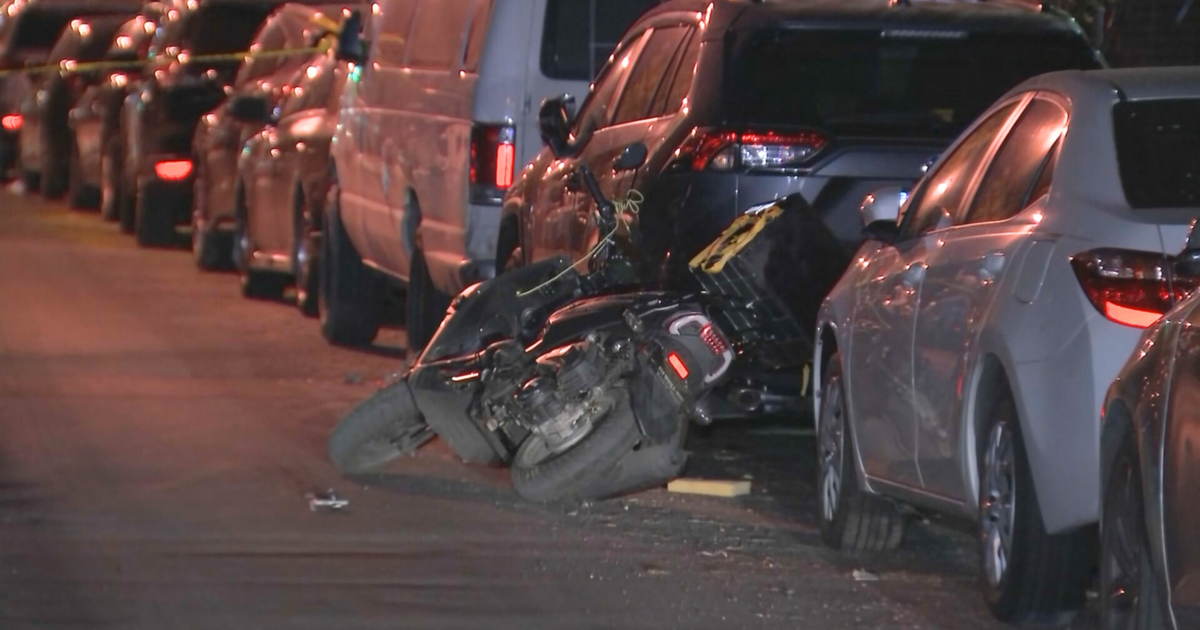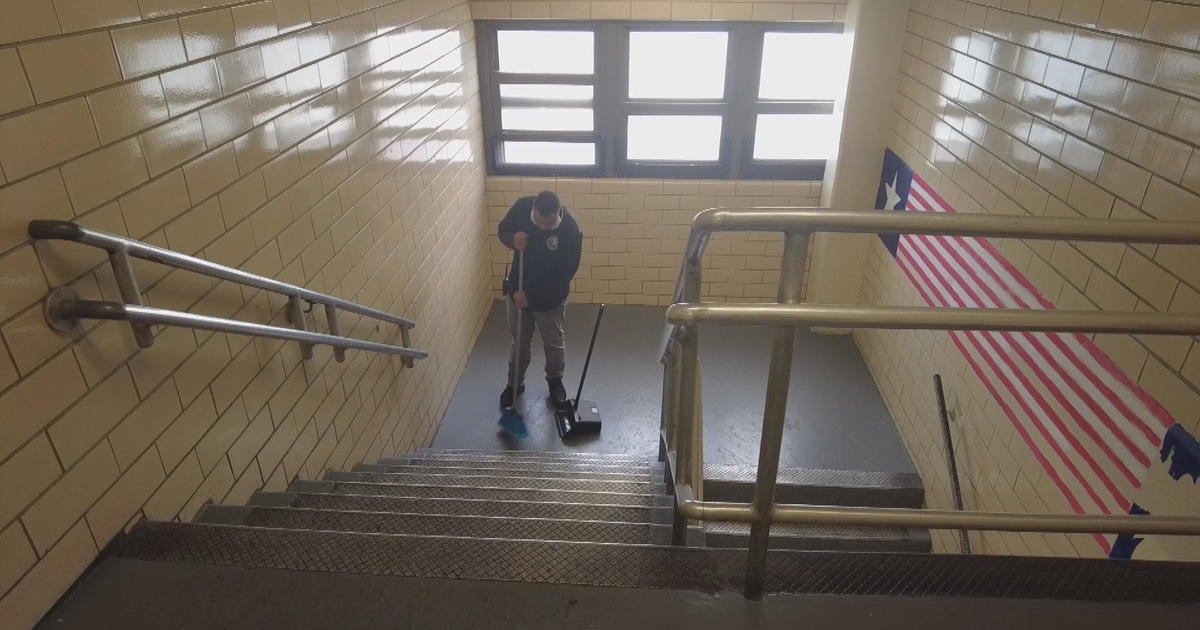TSA Head Defends New Carry-on Pocketknife Policy
by Ian Bush
PHILADELPHIA (CBS) -- In his first comments since the Transportation Security Administration came under fire from some air travelers, flight attendants, and family members of 9/11 victims over its decision to allow small pocketknives in carry-on luggage, the head of the agency defended the new policy today in an exclusive interview with KYW Newsradio.
The Flight Attendants Union Coalition said the change would "further endanger the lives" of all those who fly.
Quite the opposite, argues TSA administrator John Pistole.
"We can make sure that our officers at the checkpoints are really focused on the highest threat items," he said. "That would be components of a bomb, or an improvised explosive device (IED)."
In a few internal tests run by the TSA or government oversight agencies, Pistole says, TSA officers have flagged the pocket knife or golf club or hockey stick -- which will soon also be allowed in the cabin -- but have missed the explosive component that is of greatest concern.
"I think it will help at the checkpoint from the standpoint that we won't be focused on small items that could be a diversion for an actual significant threat," he explained.
But Debra Burlingame, whose brother was pilot of the hijacked American Airlines Flight 77 that crashed into the Pentagon on September 11, 2001, says that small pocketknives can be just as lethal as the box cutters (which the hijackers used). Box cutters and razor knives will still be banned.
Pistole says it's all about mitigating and managing risk, which we have to deal with on the ground, too.
"Just as somebody is hopefully not going to use a small pocketknife in a restaurant or in a store or at work, hopefully they would not use that on a plane, either," he said. "I do think that concerned passengers and crew will get involved early on if anyone tries to disrupt a flight. That's part of this overall transformation of TSA."
With some passengers now able to avoid removing their shoes or jackets at the security checkpoint, Pistole calls this new rule -- which takes effect April 25th -- another departure from the former "one-size-fits-all" TSA.
"The goal is to allow people to fly again with liquids and keep their shoes on," he said.
Current technology isn't trusted enough to let you bring a normal-sized bottle of shampoo or sunblock or your own drink bottle in the cabin. But Pistole said the TSA, in conjunction with the European Convention, is working on it.
Hundreds of advanced imaging technology (AIT) machines are in the nation's busiest airports, and more are coming this year to Philadelphia International Airport. AITs are designed to catch metallic and non-metallic industrial explosives -- like the underwear bomb -- wherever they are hidden.
"US-bound aircraft are seen as the gold standard for a terrorist attack," Pistole said. "We have to be vigilant, but we also need to do it in the most professional and respectful way to make sure there aren't terrorists trying to exploit any vulnerabilities and recognizing that the vast majority -- if not everybody on a typical day -- simply wants to get to their destination safely."
Even Pistole, every TSA officer's boss, has gotten flagged at the airport for "enhanced screening." And he can't use the don't-you-know-who-I-am excuse.
"I can say that, and they can say, 'yes sir, you need to step over here,'" he said. "The whole idea is how can we work with the traveling public, airlines, and airports and say let's make this a shared responsibility and improve the overall experience."



